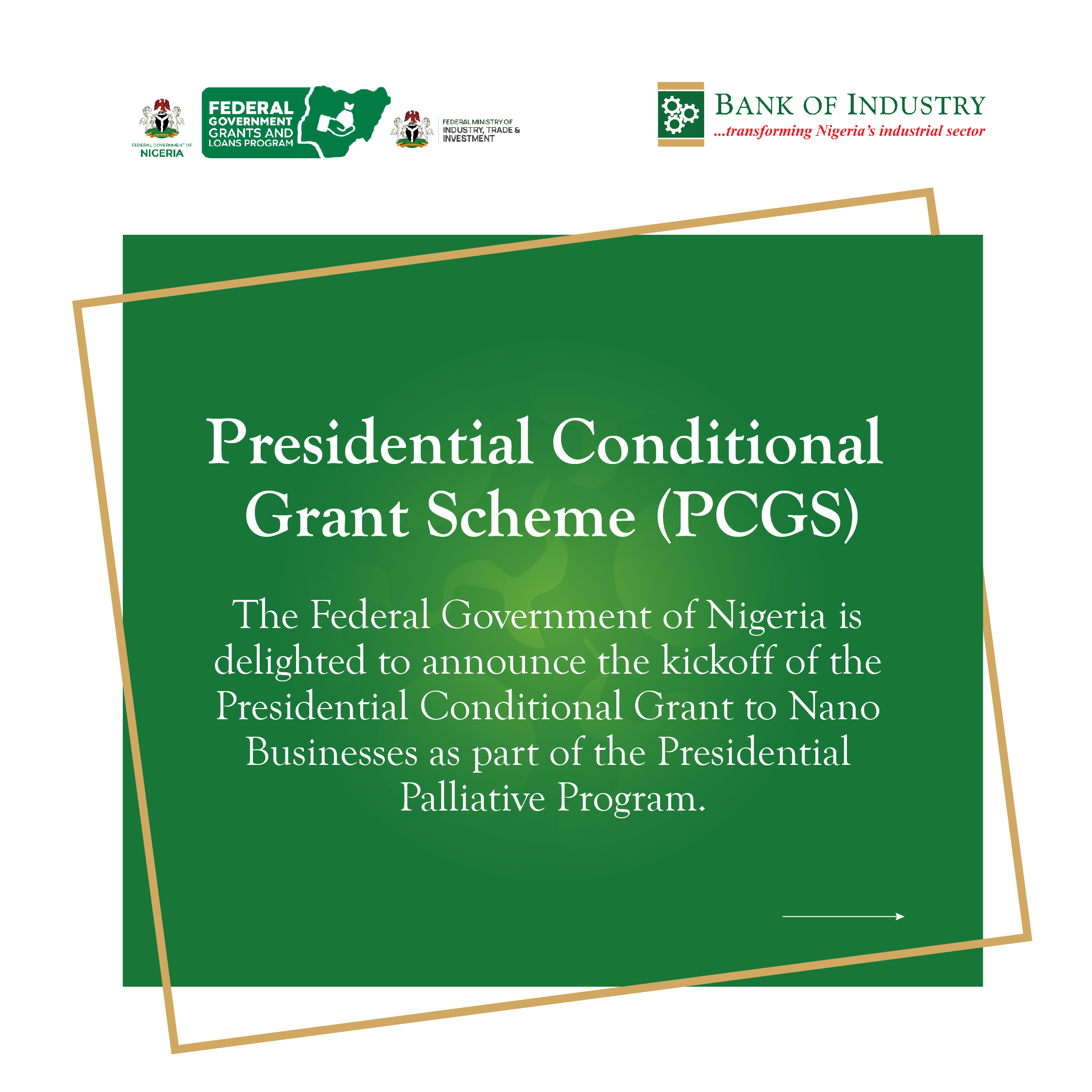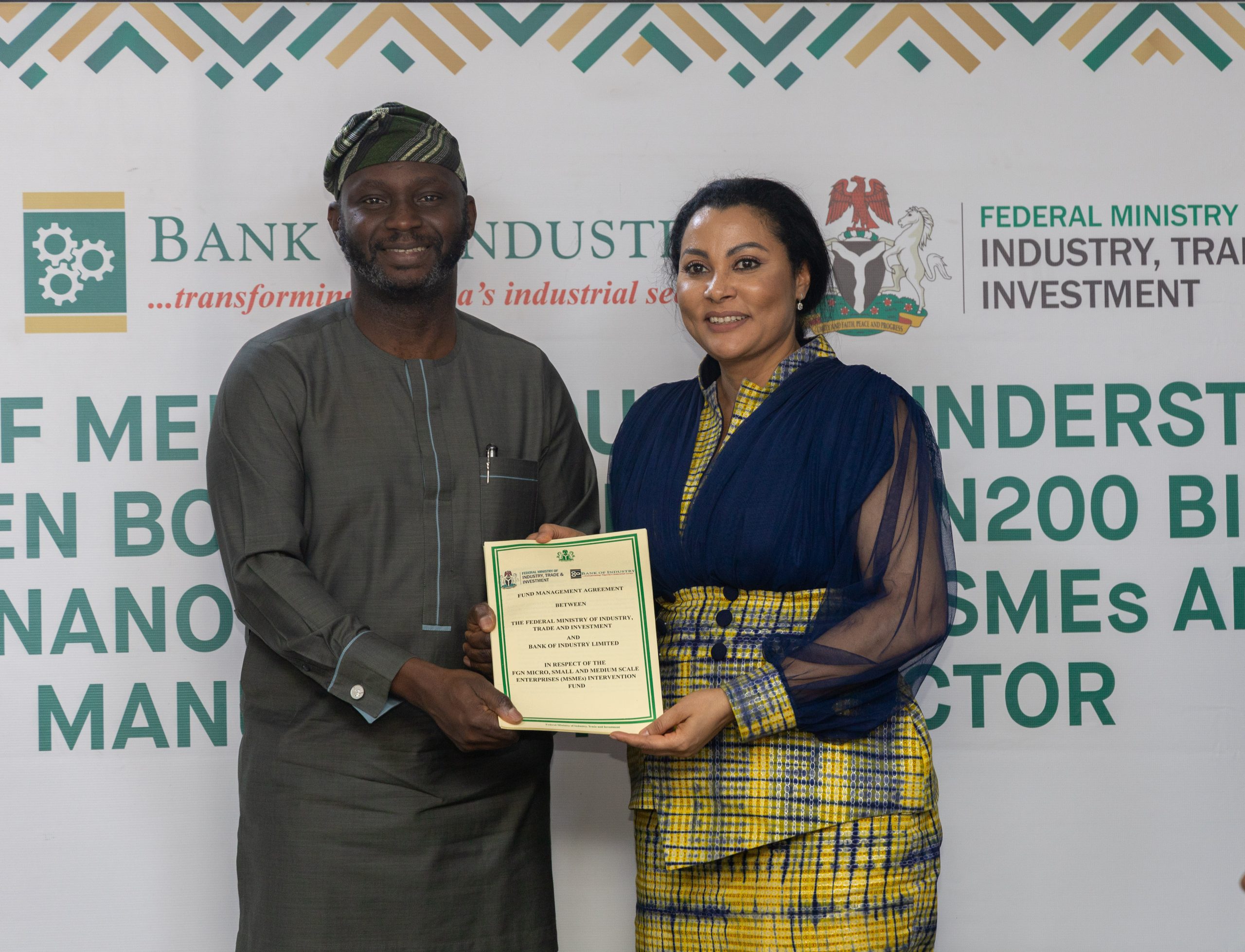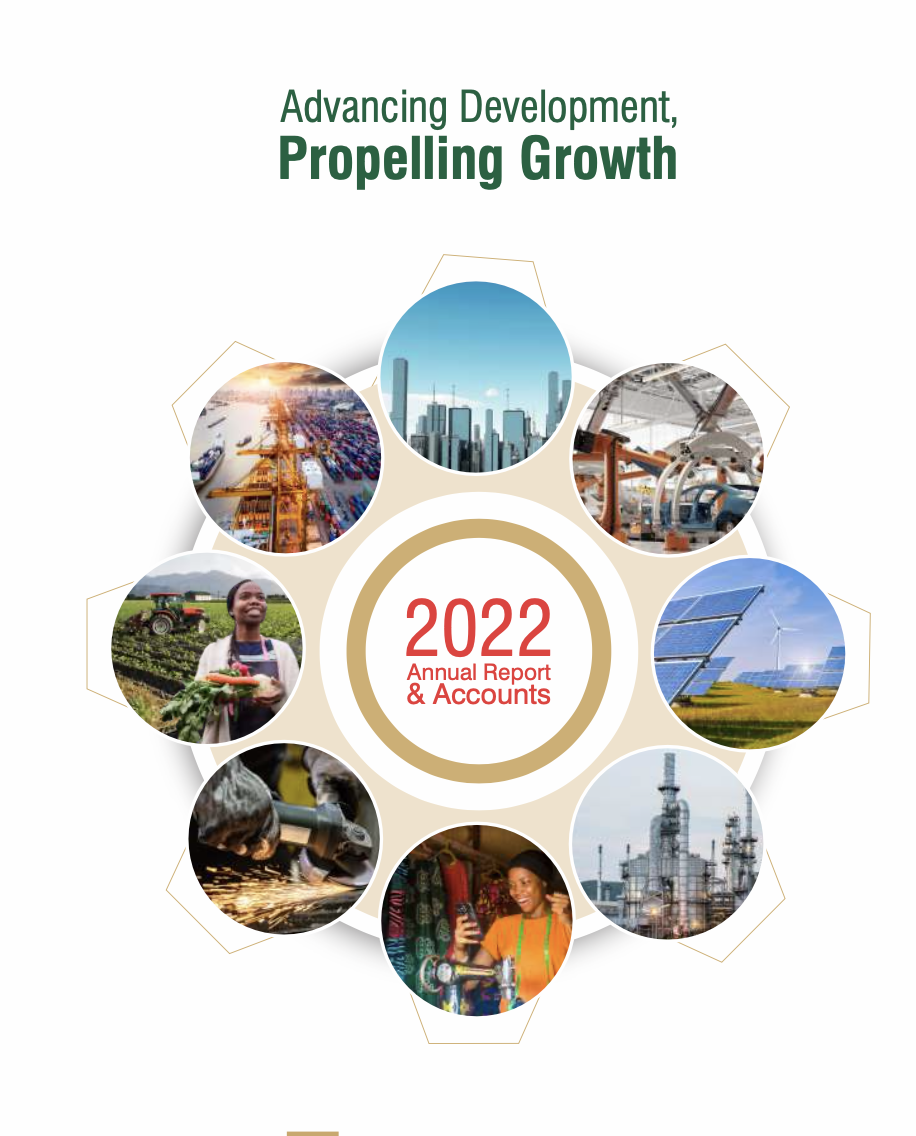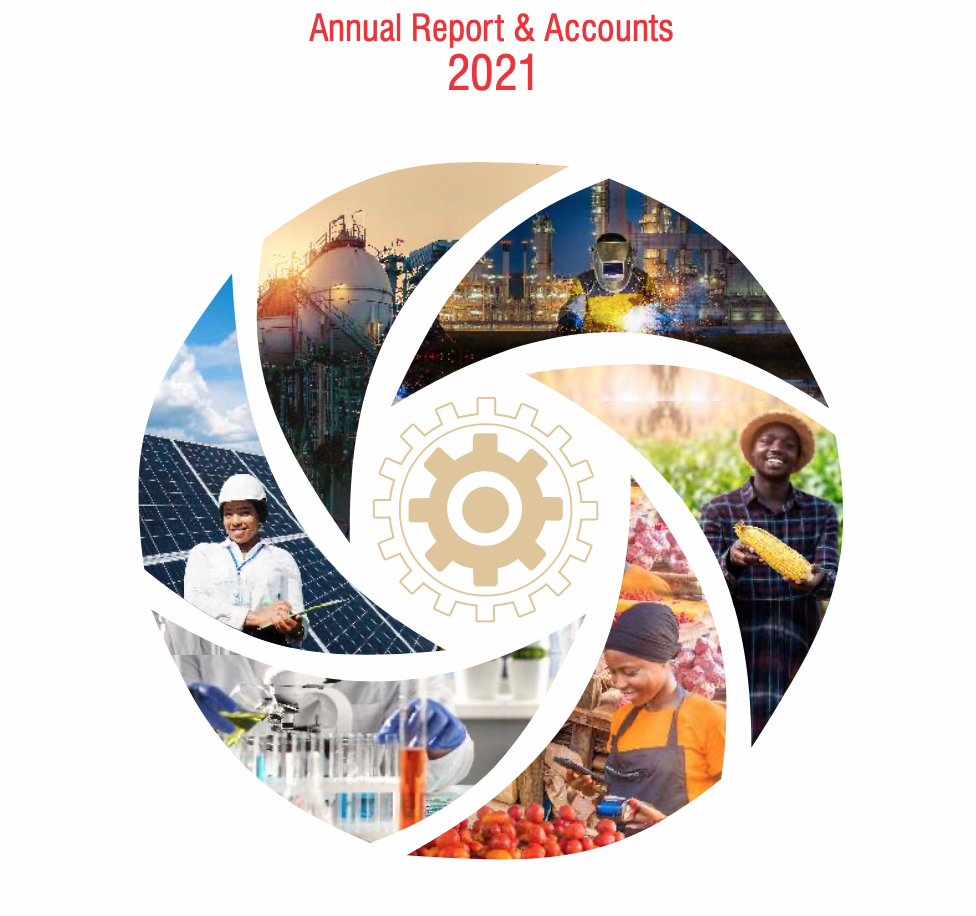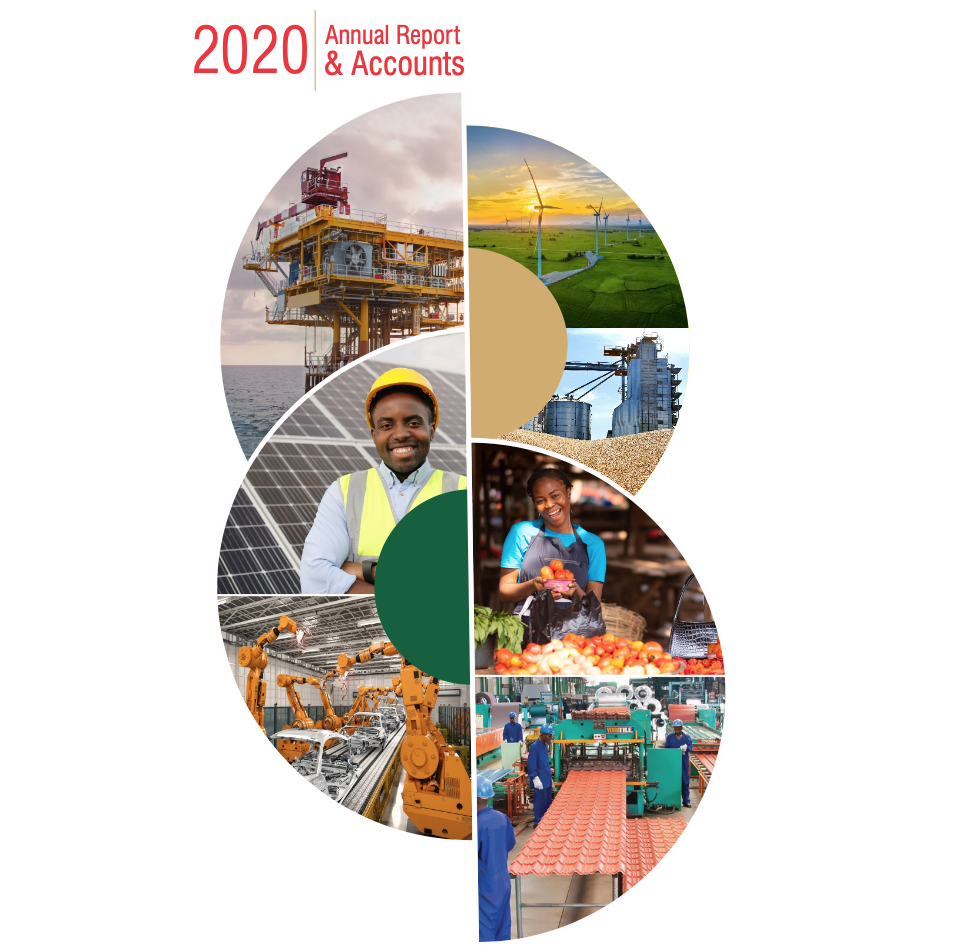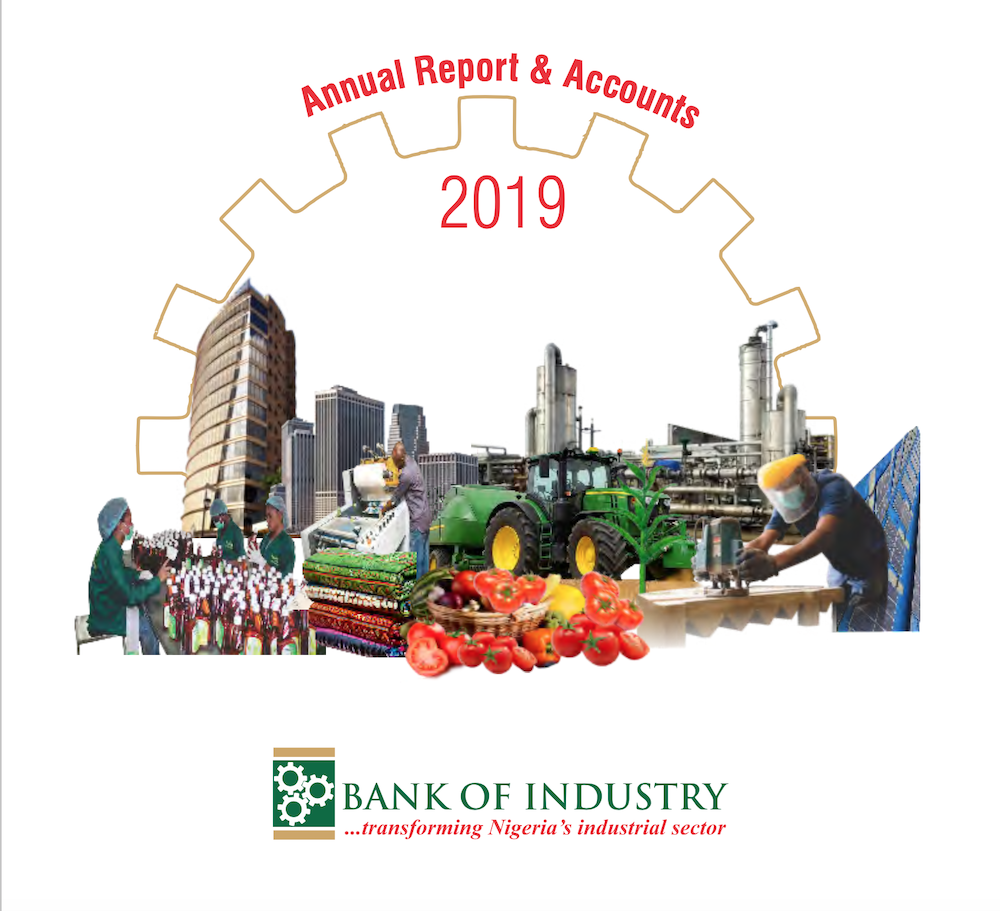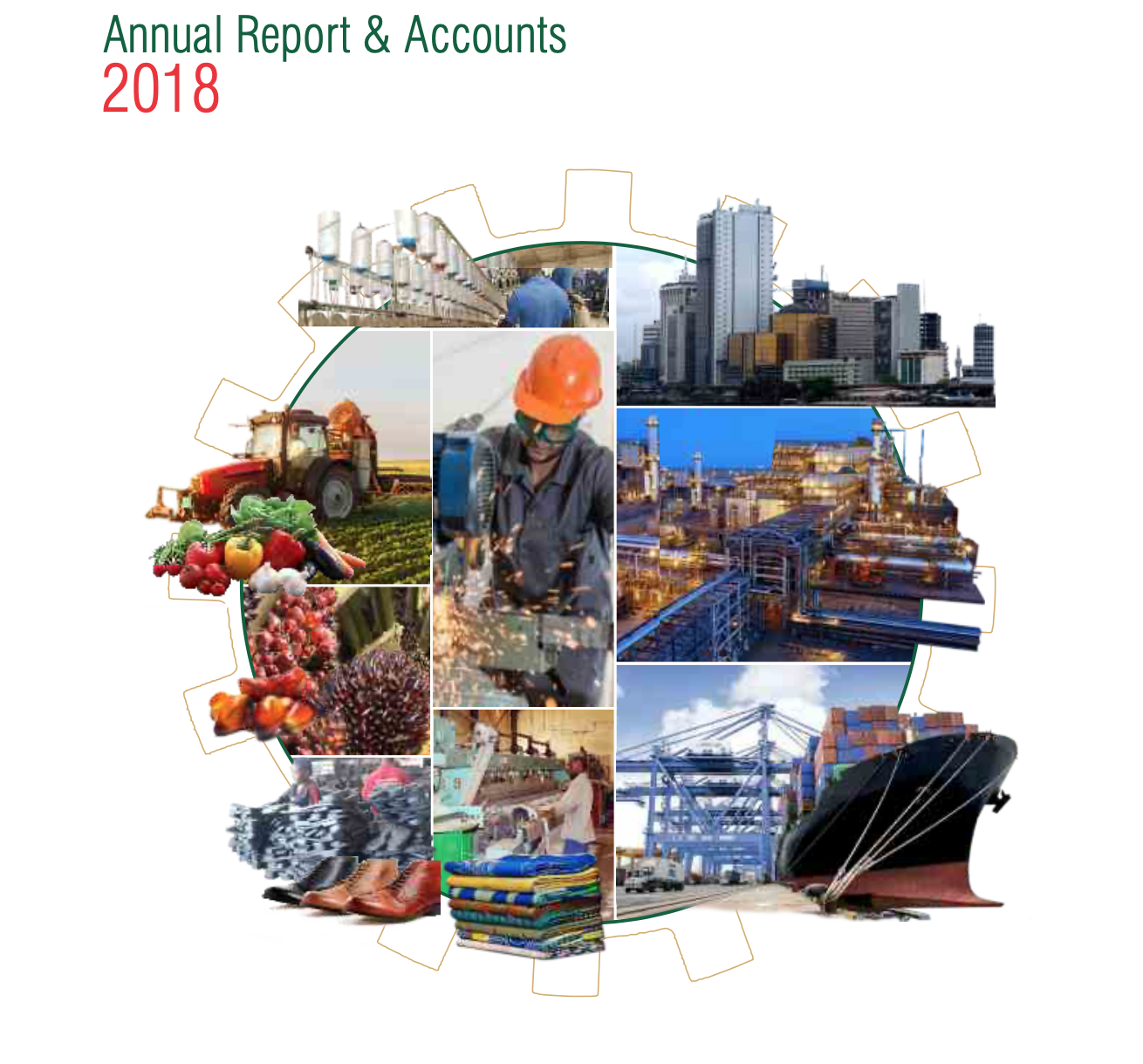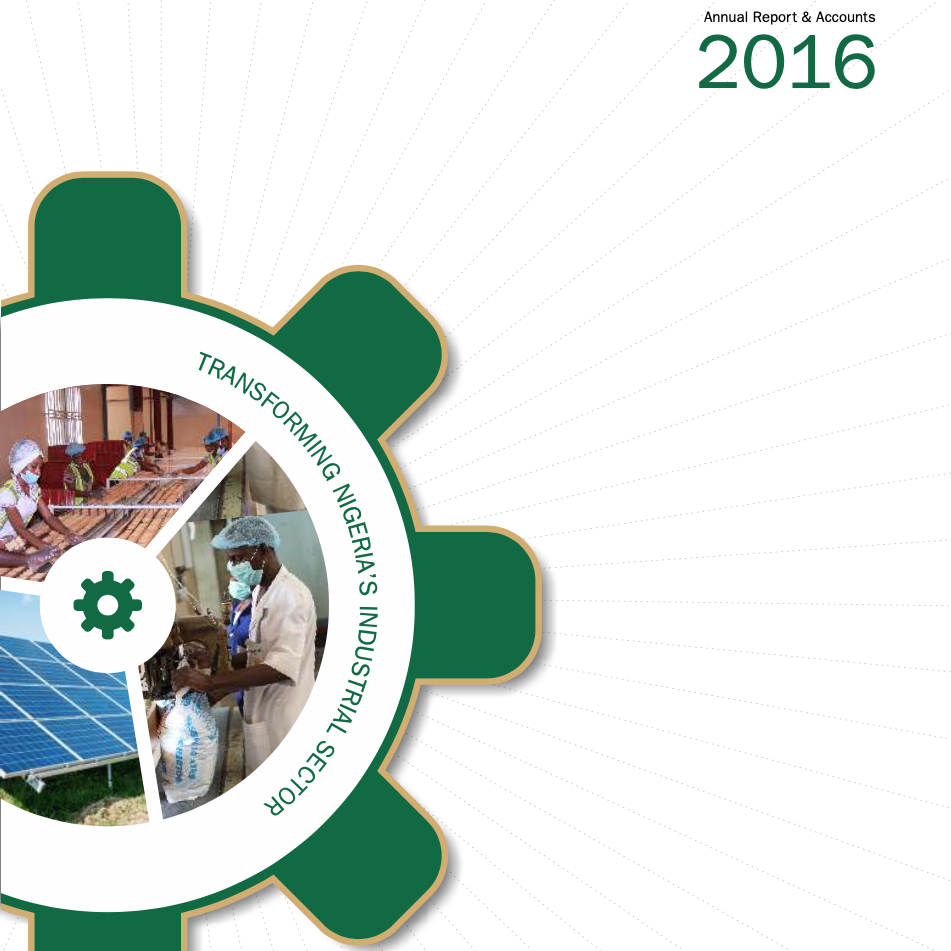The Federal Government has rolled out the Presidential Conditional Grant Scheme (PCGS) to empower Nano businesses as part of the Presidential Palliative Program.
Beginning on March 9, 2024, the scheme offers financial grants, without repayment obligations, to eligible small business owners operating in various sectors such as trading, food services, ICT, transportation, creatives, and artisans. The PCGS targets 70% women and youth, 10% people with disabilities, and 5% senior citizens, with the remaining 15% distributed to other demographics.
By focusing on the often overlooked group of business owners, the program seeks to unlock the potential of Nigeria’s burgeoning entrepreneurial ecosystem and drive sustainable economic development at the grassroots level.
The N50,000.00 (Fifty Thousand Naira) grant per beneficiary paid directly to beneficiaries’ accounts will reach one million small businesses in the 774 local government areas (LGAs) and the six council areas in the Federal Capital Territory (FCT). With a target of 1,000,000 beneficiaries in every LGA and the FCT, the program has the potential to impact communities nationwide significantly.
Beneficiaries of the initiative have been selected through a rigorous process that includes the verification of each business owner through their National Identification Number (NIN) and Bank Verification Number (BVN).
The successful applicants met specific criteria, including owning a small business with progressive economic potential, a willingness to grow, and engage at least one additional staff member when necessary. Applicants also provided proof of residential/business address and relevant personal and bank account information before the December 18, 2023 deadline.
The Presidential Conditional Grant Scheme underscores the government’s commitment to supporting small-scale entrepreneurs and driving inclusive economic growth. With a strong emphasis on inclusivity and empowerment, the PCGS is poised to make a tangible impact on the lives of small business owners and their communities across Nigeria.
The initiative is implemented by the Federal Ministry of Industry, Trade and Investment with the Bank of Industry as the Executing Agency.
For more information about the Presidential Conditional Grant Scheme (PCGS), please visit the official website [https://grant.fedgrantandloan.gov.ng/].

